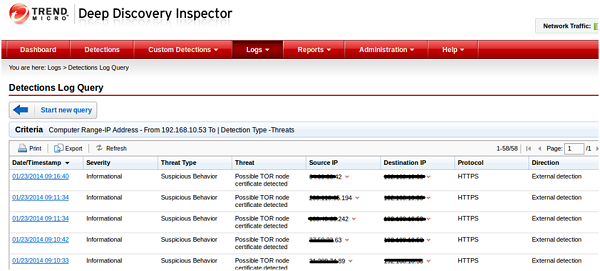

Your device first connects to the Tor network. This system of nodes is run by a network of volunteers from around the world (and these ‘servers’ are all based in countries with freedom of information laws (such as Switzerland, Germany, Poland, etc.). However, it makes it extremely difficult for anyone snooping into any one of these ‘nodes’ to figure out any identifiable information or where that data is going. Tor uses a system that routes your Internet traffic through a series of intermediary nodes. The likes of Edward Snowden have regarded it to be a reliable and effective tool to circumvent a majority of trackers and censorship. The website and documentation of Tor lists all kinds of users and supports all major platforms (including even portable and even live instances). ‘The Tor Project’ (the official, non-profit entity that now has ownership over Tor) receives donations from all kinds of reputable companies and federal (mainly U.S.) entities such as The National Space Foundation.

Finally, a private way to browse the web, with the Tor Browser? as a functional way to keep an eye on criminals without exposing themselves. Tor can trace its roots, not from a shady hacker group as you may suspect, but was initially developed by the U.S. Used by anything ranging from a drug cartel to investigative journalists, computer geeks, and your average Joe, Tor should be an essential part of your digital privacy arsenal in a world where privacy is something that you can’t take for granted anymore. Tor (aka The Onion Router) has been a mainstay with the privacy and security enthusiast, a more reliable and private method to navigate the internet. This begs the question – what if there was a browser that could help? What is Tor? These are just some examples of the myriad of issues internet users face in the 21st century. From companies making billions of dollars from mining and selling your data, or scammers looking to take advantage of you.

It’s no secret that online privacy is becoming a thing of the past.


 0 kommentar(er)
0 kommentar(er)
